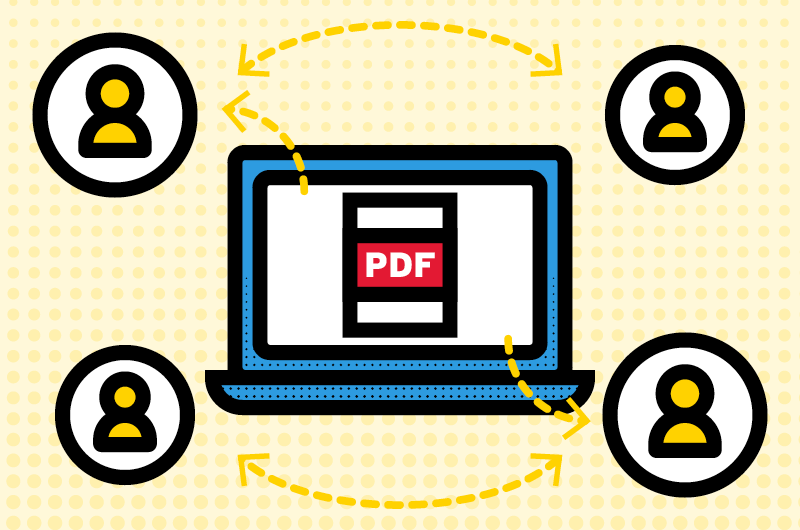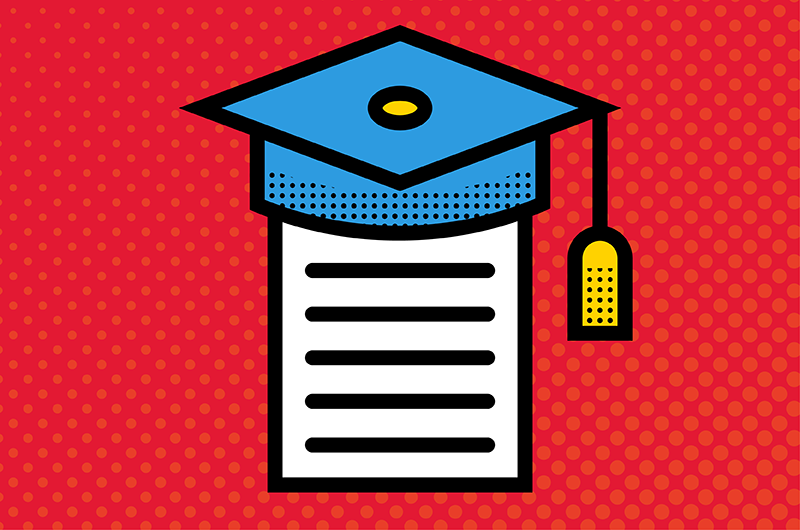DRUM - Digital Repository at the University of Maryland
DRUM collects, preserves, and provides public access to the scholarly output of the university. Faculty and researchers can upload research products for rapid dissemination, global visibility and impact, and long-term preservation.

Submit to DRUM
To submit an item to DRUM, login using your UMD credentials. Then select the "Submit Item to DRUM" link in the navigation bar. View DRUM policies and submission guidelines.

Equitable Access Policy
The University of Maryland Equitable Access Policy provides equitable, open access to the University's research and scholarship. Faculty can learn more about what is covered by the policy and how to deposit on the policy website.

Theses and Dissertations
DRUM includes all UMD theses and dissertations from 2003 forward.
